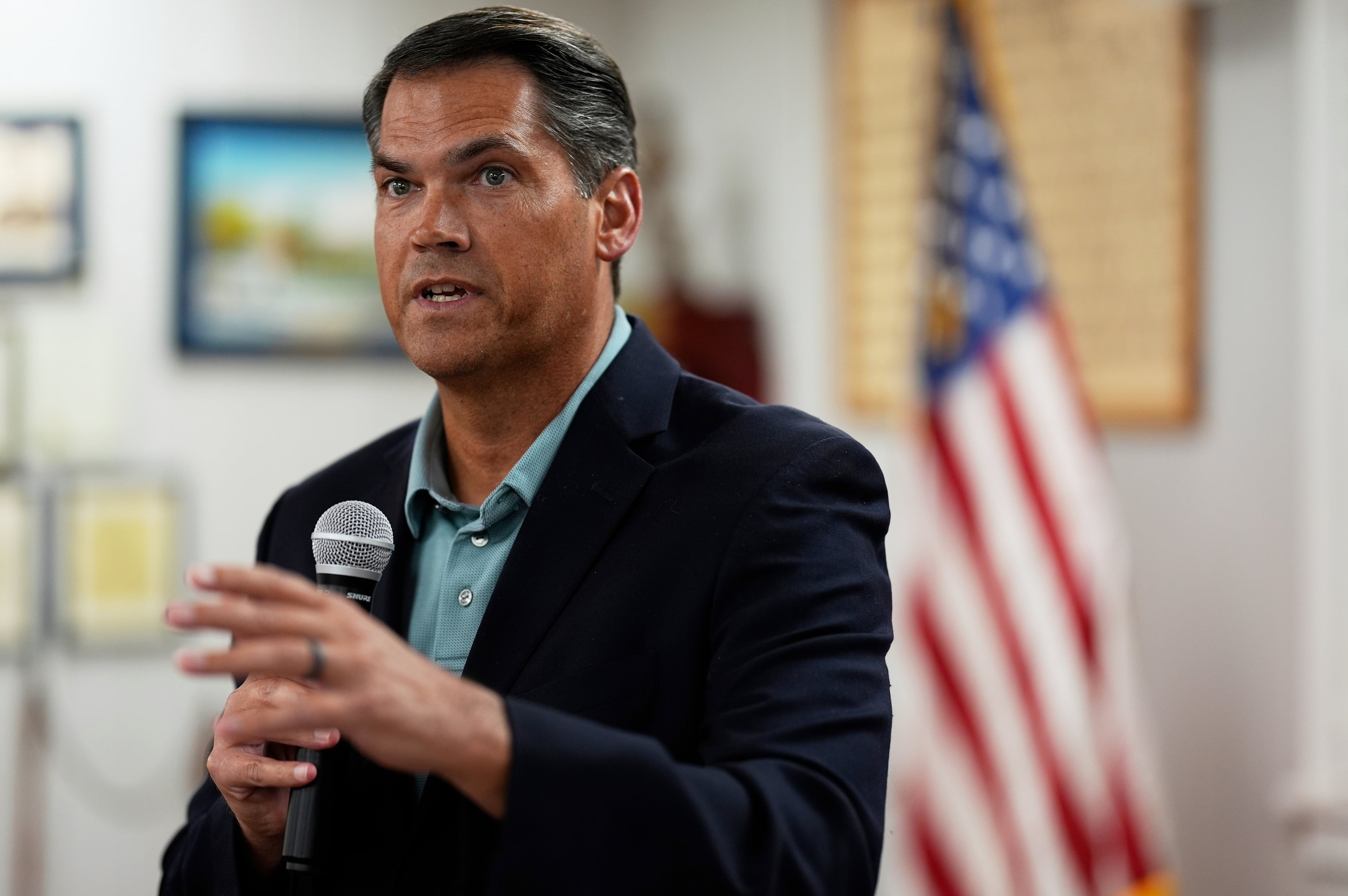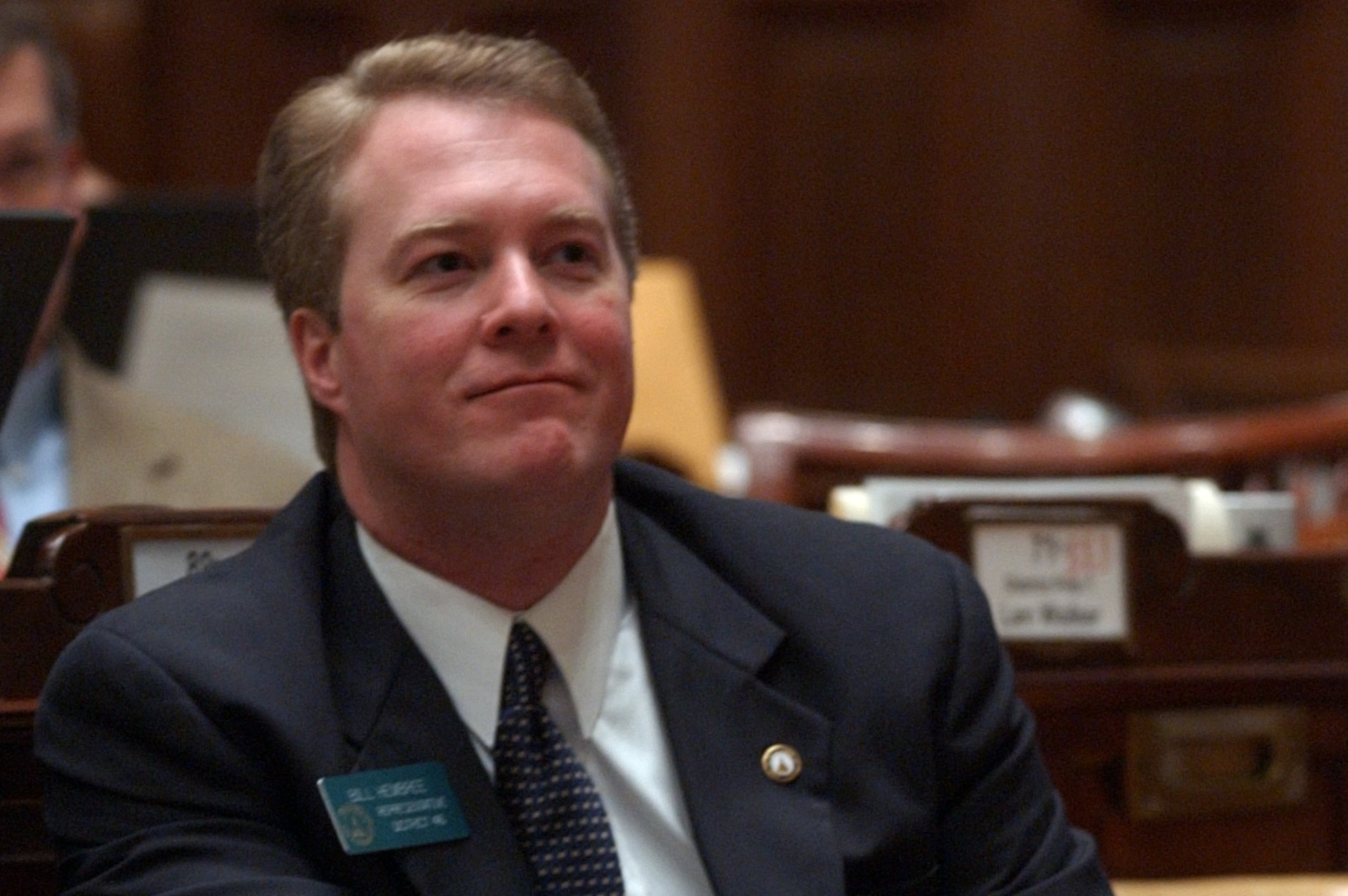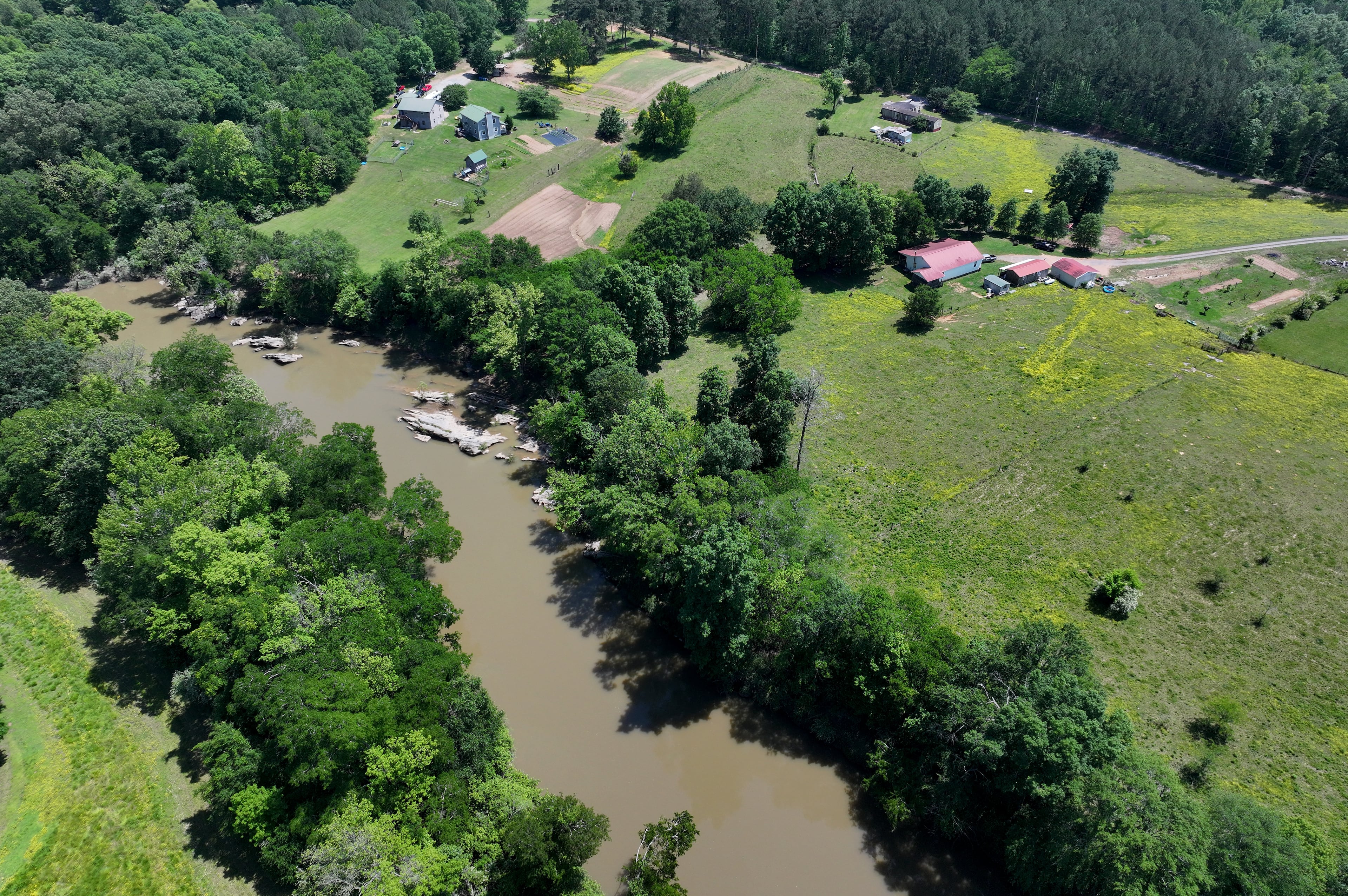Remembering Jimmy Carter: Former AJC reporter Elizabeth Kurylo

I witnessed history many times while covering Jimmy Carter’s post-presidential good works for 10 years, from 1989 to 1999, as a reporter for The Atlanta Journal-Constitution.
I traveled the world in his shadow, sometimes rushing to the airport on a couple hours’ notice, notebook and camera in hand. I reported on his tireless efforts to end wars in Sudan, Ethiopia and Bosnia, and to prevent potential wars in Haiti and Korea.
I watched him build Habitat for Humanity houses on barren, desolate fields in Mexico that had no water or electricity. It was similar in Eagle Butte, South Dakota, where he helped build Habitat houses on Indian land.

I watched him monitor elections in Nicaragua, where he persuaded Daniel Ortega in the middle of the night to do the right thing and concede defeat.
“I told him that I understood how he felt,” Carter told me, recalling his own humbling defeat in 1980.
In every case, Carter was a relentless advocate for democracy, peace and human rights. Stubborn, tenacious, at times impatient. His work took him to godforsaken lands whose people were victims of intractable wars. Sometimes a cease-fire would be brief, and critics would wonder whether it had been worth the price.
There was no shortage of people who belittled Carter’s efforts. In the time I covered him, I took notes as critics took potshots. He’s meddling, they said. He’s irresponsible.
He was trying to reinvent himself and make us forget his failed presidency. Some branded him a traitor, citing his letter to world leaders asking them not to support the U.S. coalition on the eve of the Gulf War.
He didn’t care what they said. He was willing to risk his own reputation and, more important, risk failing. In his mind, the real failure would be if he didn’t even try to find a peaceful resolution to conflict.
Carter had close ties to Emory University, where he headlined annual Jimmy Carter town hall meetings, which I remember covering. He often went to campus, lecturing to students in his role as university distinguished professor.
It wasn’t always a lovefest; during the 1991 Gulf War, a student accused Carter of “appeasement and capitulation” because Carter had urged negotiations to avoid war with Saddam Hussein. I took notes.

Sometimes, he even made news at these gatherings, letting slip who he had just talked to, usually a dictator or some other unsavory character who couldn’t get through to the White House or State Department: people like Fidel Castro of Cuba, Mohammed Farah Aideed of Somalia, Manuel Noriega of Panama, Palestinian leader Yasser Arafat, Hafez Assad of Syria, Kim Il Sung of North Korea, Mengistu of Ethiopia.
Those stories often made the front page — not so with Carter’s efforts to increase crop yields in Africa, or to rid the world of horrible diseases like Guinea worm and river blindness. Despite the lack of international headlines, he approached those good works with the same resolve.
My stories helped document the work that helped him win the Nobel Peace Prize in 2002, long after I had left the AJC. He was honored for “his decades of untiring effort to find peaceful solutions to international conflicts, to advance democracy and human rights, and to promote economic and social development.”
That is what I witnessed when I followed him around the world. Rest in peace, Mr. President. Your legacy is safe.
Elizabeth Kurylo is a former Atlanta Journal-Constitution reporter who covered Jimmy Carter’s post-presidency.
More Stories
The Latest


